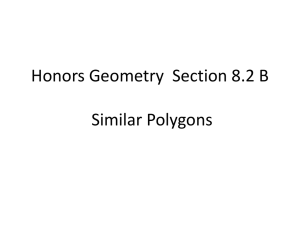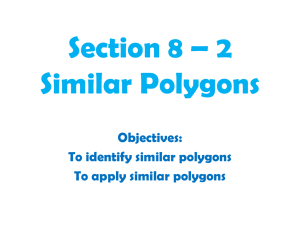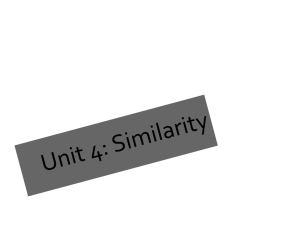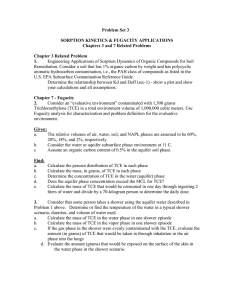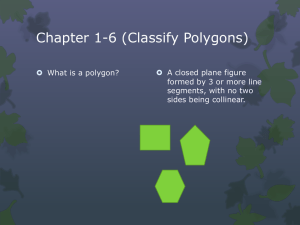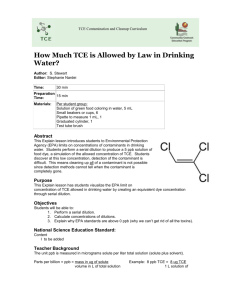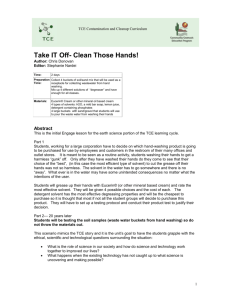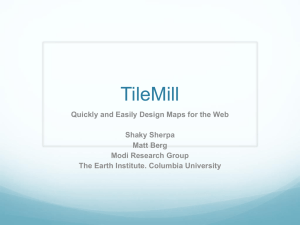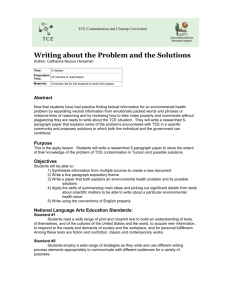2 MB PPT - FIU Faculty Websites
advertisement
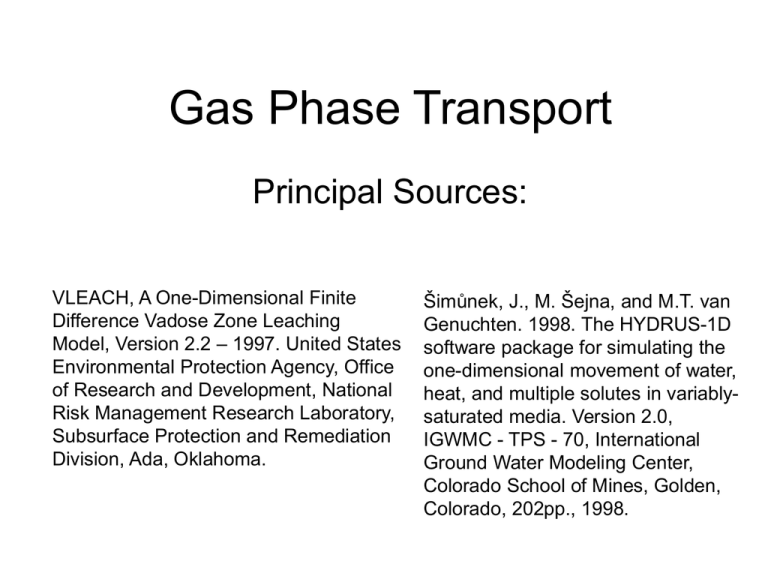
Gas Phase Transport
Principal Sources:
VLEACH, A One-Dimensional Finite
Difference Vadose Zone Leaching
Model, Version 2.2 – 1997. United States
Environmental Protection Agency, Office
of Research and Development, National
Risk Management Research Laboratory,
Subsurface Protection and Remediation
Division, Ada, Oklahoma.
Šimůnek, J., M. Šejna, and M.T. van
Genuchten. 1998. The HYDRUS-1D
software package for simulating the
one-dimensional movement of water,
heat, and multiple solutes in variablysaturated media. Version 2.0,
IGWMC - TPS - 70, International
Ground Water Modeling Center,
Colorado School of Mines, Golden,
Colorado, 202pp., 1998.
Effective Diffusion
• Tortuosity (T = Lpath/L) and percolation (2D)
x
D J
C
dC
J D
dx
2
D a 4/3
a
D0
0.5
Maxwell (1873)
Buckingham (1904)
0.4
Penman (1940)
Marshall (1959)
0.3
D/Do
Millington (1959)
Wesseling (1962)
0.2
Currie (1965)
WLR(Marshall):
Moldrup et al (2000)
0.1
0
0
0.1
0.2
0.3
Volumetric Air Content
0.4
0.5
Total Mass
• At Equilibrium:
Henry’s Law
Cg KH Cw
• Dimensionless:
• Common:
atm m3 mol-1
VLEACH
• VLEACH simulates
vertical transport by
advection in the
liquid phase and by
gaseous diffusion in
the vapor phase
VLEACH
• VLEACH describes the
movement of solutes
within and between
three different phases:
– solute dissolved in
water
– gas in the vapor phase
– adsorbed compound in
the solid phase
• Equilibration between
phases based on
distribution coefficients
• Processes are
conceptualized as
occurring in a
number of
distinct, userdefined polygons
that are vertically
divided into a
series of userdefined cells
Voronoi
Polygons/
Diagram
• Voronoi_polygons
– close('all')
– clear('all')
– axis equal
– x = rand(1,100); y
= rand(1,100);
– voronoi(x,y)
• The polygons may differ in soil properties,
recharge rate, and depth to water
• However, within each polygon homogeneous
conditions are assumed except for contaminant
concentration, which can vary between layered
cells
• Hence, VLEACH can account for
heterogeneities laterally but does not simulate
vertical heterogeneity
• During each time step the migration of the
contaminant within and between vertically
adjacent cells is calculated
DEPTH
(ft)
TCE
CONCENTRATION
(µg/kg of soil)
1 – 20
100
20 – 30
50
30 - 40
10
40 - 50
0
Chemical Parameters
• Organic Carbon Partition Coefficient (Koc)
= 100 ml/g
• Henry’s Law Constant (KH) = 0.4
(Dimensionless)
• Free Air Diffusion Coefficient (Dair) = 0.7
m2/day
• Aqueous Solubility Limit (Csol) = 1100
mg/l
Soil Parameters
•
•
•
•
Bulk Density (rb) = 1.6 g/ml
Porosity (f) = 0.4
Volumetric Water Content (q) = 0.3
Fraction Organic Carbon Content (foc) =
0.005
Environmental Parameters
• Recharge Rate (q) = 1 ft/yr
• Concentration of TCE in Recharge Water
= 0 mg/l
• Concentration of TCE in Atmospheric Air =
0 mg/l
• Concentration of TCE at the Water Table =
0 mg/l
Computational Parameters
• Length of Simulation Period (STIME) = 500
years
• Time Step (DELT) = 10 years
• Time Interval for Writing to .OUT file (PTIME) =
100 yrs
• Time Interval for Writing to .PRF file (PRTIME) =
250 yrs
• Size of a Cell (DELZ) = 1.0 ft
• Number of Cells (NCELL) = 50
• Number of Polygons (NPOLY) = 1
Output
Mass loading to ground water
Something missing?
Dispersion!
• Dispersivity is implicit in the cell size (l)
and equal to l/2 (Bear 1972)
• Numerical dispersion but can be used
appropriately
Dispersion
100
VLEACH 0.1 m cells
Initial and Boundary
Conditions:
VLEACH 1 m cells
C(x,0) = 100 mg/l
C(0,t) = 0 mg/l
= 0.05 m
= 0.5 m
C (mg/l)
80
General Conditions:
=5m
60
VLEACH 10 m cell
q = 1 m/year
= 0.5
CDE Flux-averaged
concentrations
(Dispersivity as
shown)
40
VLEACH time step:
0.01 years
20
0
0
5
10
Time (years)
15
20
M.C. Sukop. 2001. Dispersion in VLEACH and similar models. Ground Water 39, No. 6, 953-954.
Hydrus
Hydrus
• Solves
– Richards’ Equation
– Fickian solute transport
– Sequential first order decay reactions
Governing Equation
w ,k 1, g ,k 1, and s,k 1
Provide linkage with preceding
members of the chain
Hydrus Input Files
